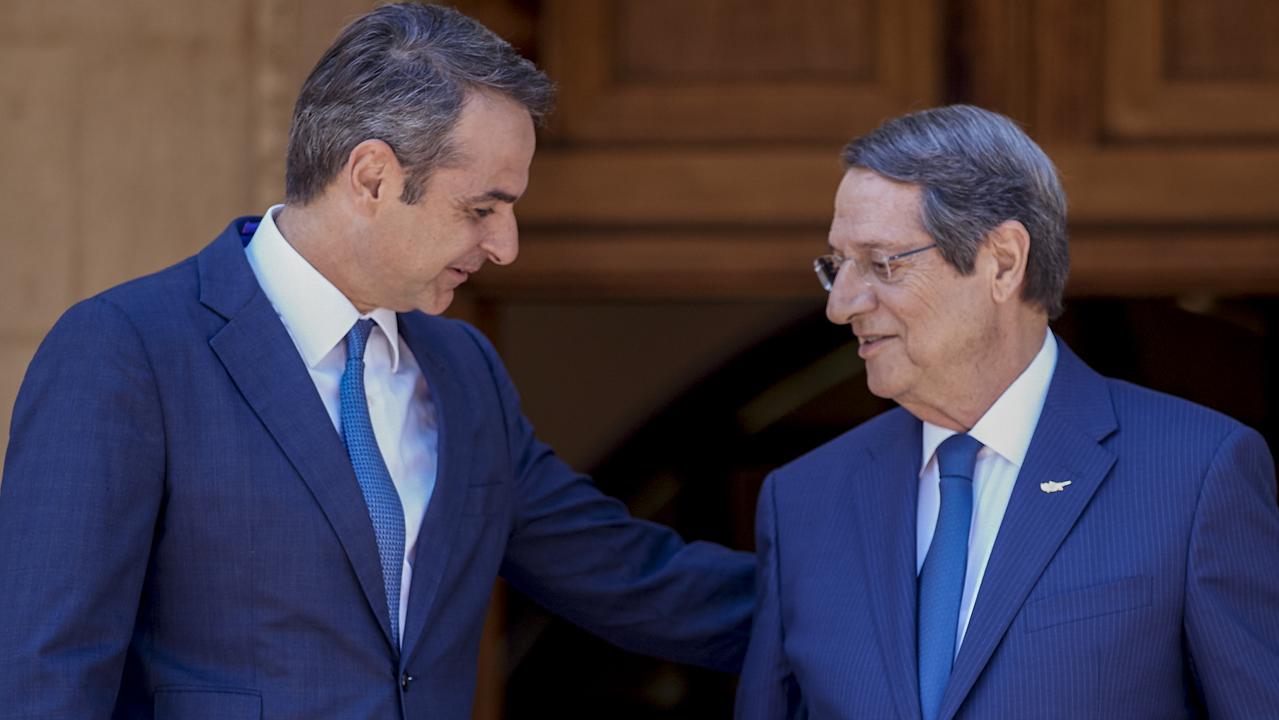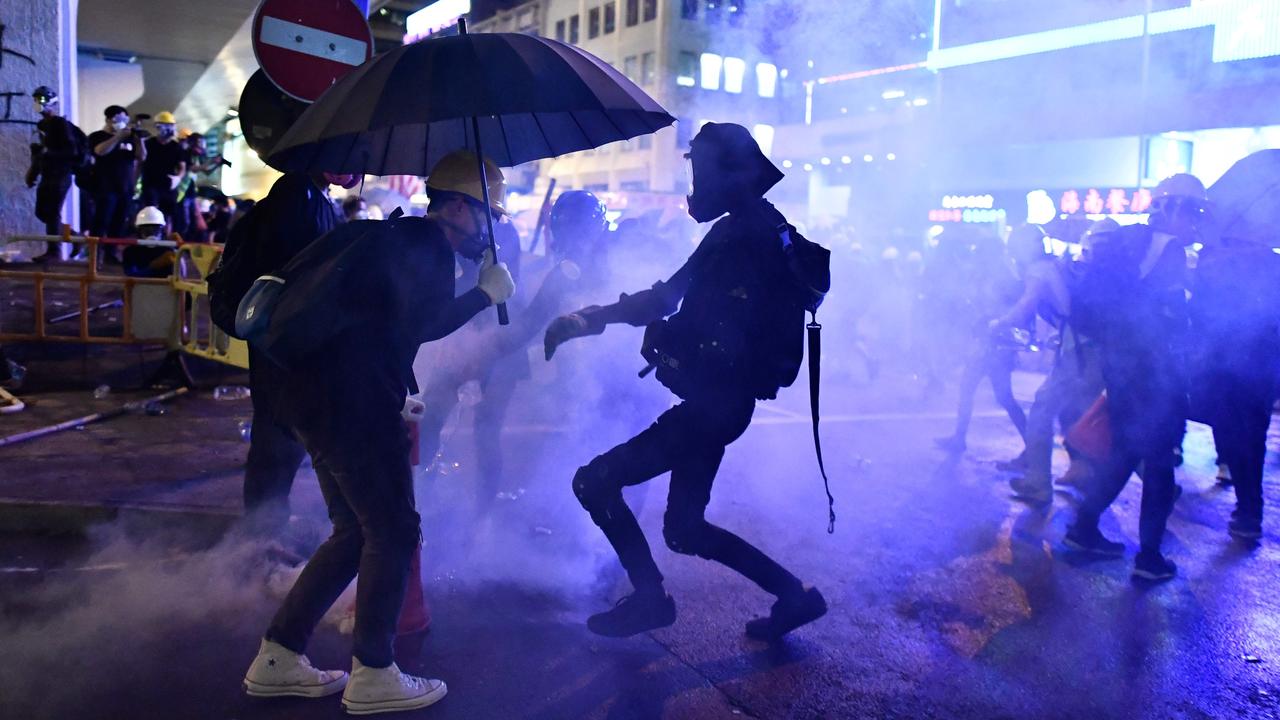But the path ahead for both initiatives will be difficult as Republicans prepare for November’s midterm elections.
The White House will unveil Trump’s $US1.5 trillion ($1.9 trillion) plan to rebuild his nation’s crumbling infrastructure today.
It’s a signature campaign pledge but the White House has struggled to work out how to fund the plan, given that only $US200 billion in new spending will come from the federal budget.
The rest is to come from the states and private industry. Washington would use at least half of the $200bn to provide incentives for state and private investment.
The plan has many opponents in congress. The fiscal hawks in the Republican Party, who are still smarting over the expected blowout in the deficit caused by last week’s $US500bn budget deal and the $1.5 trillion tax package, are wary of committing more federal funds to infrastructure. Democrats want $US1 trillion in federal funding.
This week also marks the beginning of protracted negotiations over Trump’s proposed immigration bill.
The deal would give amnesty to 1.8 million young illegal immigrants in return for $US25bn for the proposed border wall with Mexico, an end to the visa lottery system and limitations on family reunions for migrants who are granted US citizenship.
Trump has been criticised by conservative commentators over the amnesty.
Democrats have shown little interest in offering their own compromise. They are hostile to the push to limit family reunions and oppose funding for the wall.
But if the Democrats don’t accept a compromise on immigration they will play into Trump’s hands. He will portray them as weak on immigration and border security.
The battles over infrastructure and immigration will shape Trump’s legacy.
Cameron Stewart is The Australian’s Washington correspondent and a US contributor for Sky News Australia.




Donald Trump faces a crucial week in his presidency as he unveils a sweeping infrastructure plan and tries to reach a deal on immigration reform.